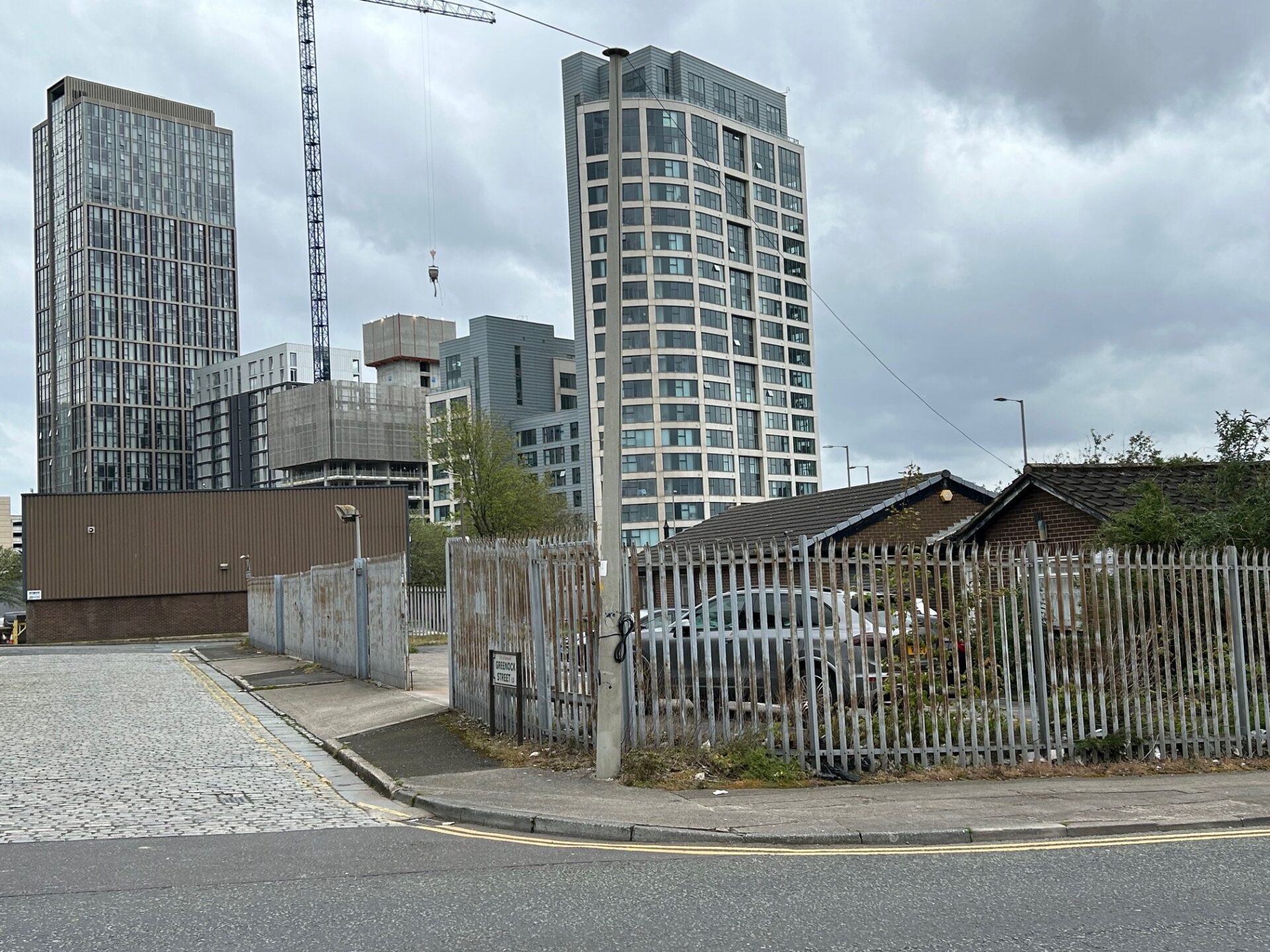RESI 2015: Conference round-up
 They came, they saw, they mostly talked about PRS. The ninth staging of the RESI Conference drew a decent crowd to the lavish, utterly bonkers Celtic Manor golf resort, which was gratifying to see –as one of just two passengers on the early coach transfer from Newport station, this writer had feared the worst.
They came, they saw, they mostly talked about PRS. The ninth staging of the RESI Conference drew a decent crowd to the lavish, utterly bonkers Celtic Manor golf resort, which was gratifying to see –as one of just two passengers on the early coach transfer from Newport station, this writer had feared the worst.
It’s an odd time for the residential property business. Press coverage of the housing shortage only gets more shrill as London prices, fuelled by a seemingly endless stream of cash-rich overseas investors and buyers, head further into the silly-sphere. In the regions, it’s only really in the last couple of years that developers have started to find an appetite among funders to deliver product of scale. The mortgage providers still look to be in a state of confusion as to how bullish they’re supposed to be.
Lucian Cook, Savills’ head of research, always has some enlightening stats and zippy chat, and spoke here of the somewhat confusing messages coming from government. George Osborne having nailed his colours to the mast on bigging up home ownership at the expense of other tenures is a risk, he said, perpetuating the tension between a Bank of England desperate to avoid another debt-driven boom and a rush of Treasury initiatives on starter homes and Help to Buy.
However, at least residential consents are on their way up at last, new mortgages and housing transactions generally follow closely behind. Supply in the North West is an issue; without the 20% discount on new homes that comes with the Starter Homes policy, large parts of the region are edging towards the unaffordability issue suffered by London and the South East.
Cook reckons we need more recycling of houses, for the “maturists” and baby boomers to be given more incentive to downsize. He also reckons the PRS market needs “turbo-charging”.
Although it seems inevitable we’ll see more and more PRS schemes, not everybody’s bullish. Andrew Taylor of Internos Global Investors questioned whether outside of London there’s a robust, long-term market, reckoning that the sort of high earners targeted as tenants are, in regional cities, transient (footballers? Young professionals enjoying a year or two of city living before disappearing to suburbia?) rather than the long-term stayers institutions want to see. But haven’t institutional investors had to learn to live with shorter leases and greater flexibility in commercial markets?
Ryan Prince, vice-chairman of Realstar Group, broadly agrees with Taylor, making the point that what we’ve seen so far are opportunistic one-offs – real scale will need a policy shift.
Of course, PRS has been talked about for a few years, and at least now there are a few examples to touch and feel, although it does sometimes feel you’re being sold things that already exist. “It needs to be quality” – concierge service, lounges, wi-fi, secure post collection. All very well, there are decent apartment blocks that have had all that for decades.
One new PRS project, in east London and pictured on the big screen here, reminded me more of Ashton-under-Lyne Civic Centre than anything else. Still, it’s 96% full after two months, so fair play to them.
The innovation of Speakers’ Corner was a fine idea, with speakers doing 15-mnute slots around the theme of “proptech” – yes, as first speaker Dan Byles (a former MP and smart cities advocate) said, like fintech, cleantech and the rest, proptech is now “a thing”.
Byles himself talked about the risk of developers and contractors, although being open to new technologies, developing vertical, standalone systems rather than horizontal data platforms that serve as a common repository, with different systems able to ‘talk to’ each other. Exciting projects to watch out for are taking place at London City Airport and the relaunched Mailbox in Birmingham, he said, while Manchester is exploring some “strong ideas” with its partner city Wuhan.




